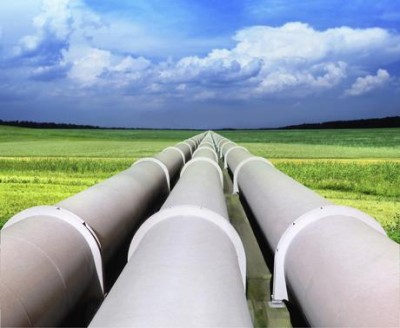US Desperate to Steer Greece Away From Russian-Turkish Pipeline Project

Greece’s Syriza government is interested in a Moscow-backed ‘Turkish Stream’ natural gas pipeline project, bringing gas from the Black Sea through Turkey and into Greece.
The U.S. has moved in to block this option, selling an alternative plan to the Greeks – a ‘Trans-Adriatic’ pipeline project, bringing Azerbaijan’s gas from the Caspian Sea before entering into Europe, possibly via Greece, and eventually to Italy.
21WIRE’s Patrick Henningsen spoke to RT about the dueling geopolitical influence at play, as well as Greece’s need for inward cash and investment as it tries to break free from its EU debt servitude. Watch:
During last night’s full interview with RT International, Henningsen added:
“I think Greece is in a situation where it has to choose between debt and investment. And if the Greeks are looking toward Brussels – they are looking toward a debt restructuring agreement and looking toward future debt. Where are they going to get investment from? Certainly not from the US, not in a big way, but Russia could be a big source of foreign investment for Greece and it’s very important for Greece in the financial situation that it finds itself in.”
According to AP, any potential deal is still under review:
“The Azeri gas project “fulfills that trifecta of what is energy security: new source, new supply, new route,” Hochstein said. “And it’s not a single country that is dominating the infrastructure and the gas production, it’s many companies, different consortiums, different countries … no one element can bring it down or use it as leverage.”
Greece also stresses it wants diverse energy sources — and it sees Moscow as part of that. The government of Alexis Tsipras has made clear it intends to pursue ties with Russia and considers the potential Turkish Stream project attractive.
Speaking after talks with Hochstein, Energy Minister Panagiotis Lafazanis said Athens “supports the passage through our country of a pipeline that will reach the Greek-Turkish border and will have natural gas from Russia.”

